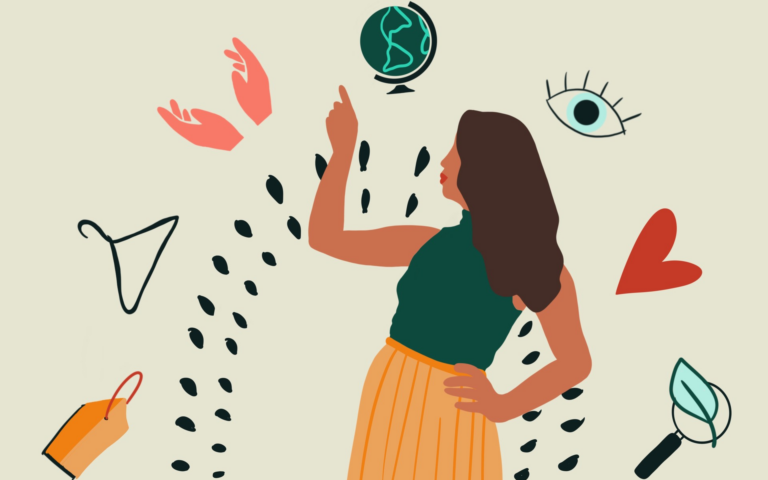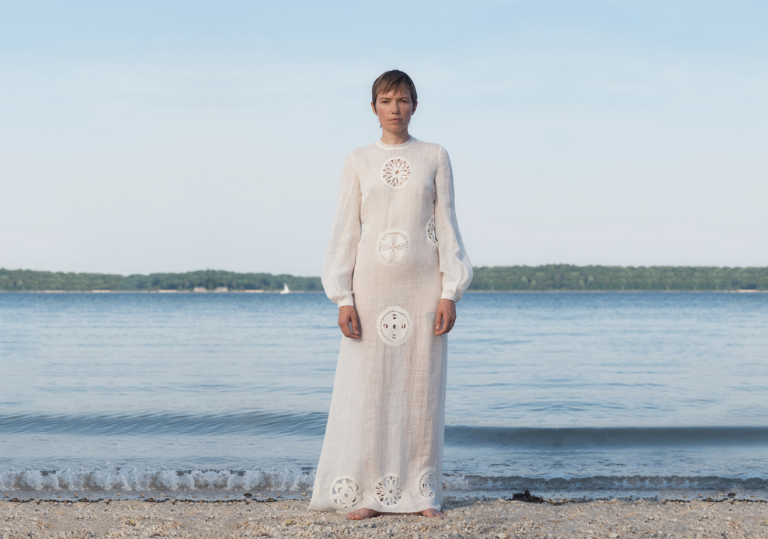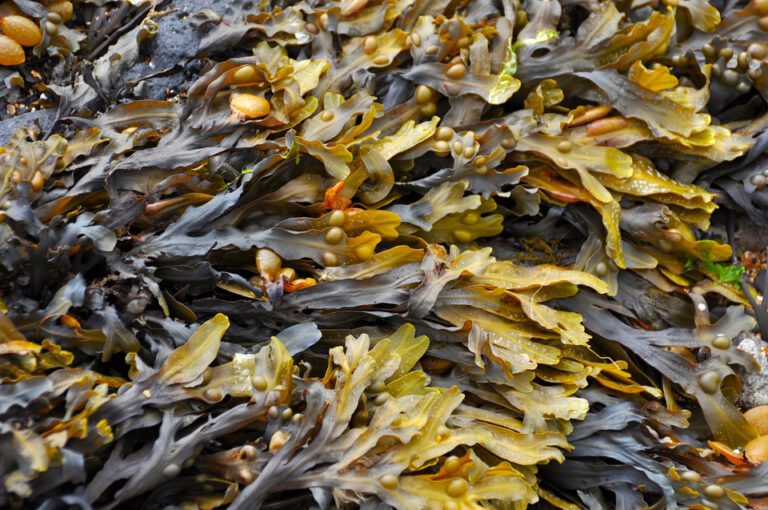A closer look at jeans
Have you ever counted how many pairs of jeans you actually have in your wardrobe, and yet…

Have you ever counted how many pairs of jeans you actually have in your wardrobe, and yet…

Transparency in the textile supply chain is important for many reasons and is increasingly demanded politically as…

Project CECE is an online platform for buying sustainable and fair fashion, offering access to selected brands…

“It’s as simple as – we just need to change our habits”. Gabriela Hearst is a New…



In order to achieve environmentally friendly circular value creation processes in the clothing sector, we need to…

Danny Reinke is a fashion brand, which combines craftmanship and local production in our hometown Berlin. We…

For some time now, cactus leather from the company ADRIANO DI MARTI and its product desserto from…

MYKITA sets standards for sustainable urban production in the fashion industry with its modern manufactory. The Berlin…